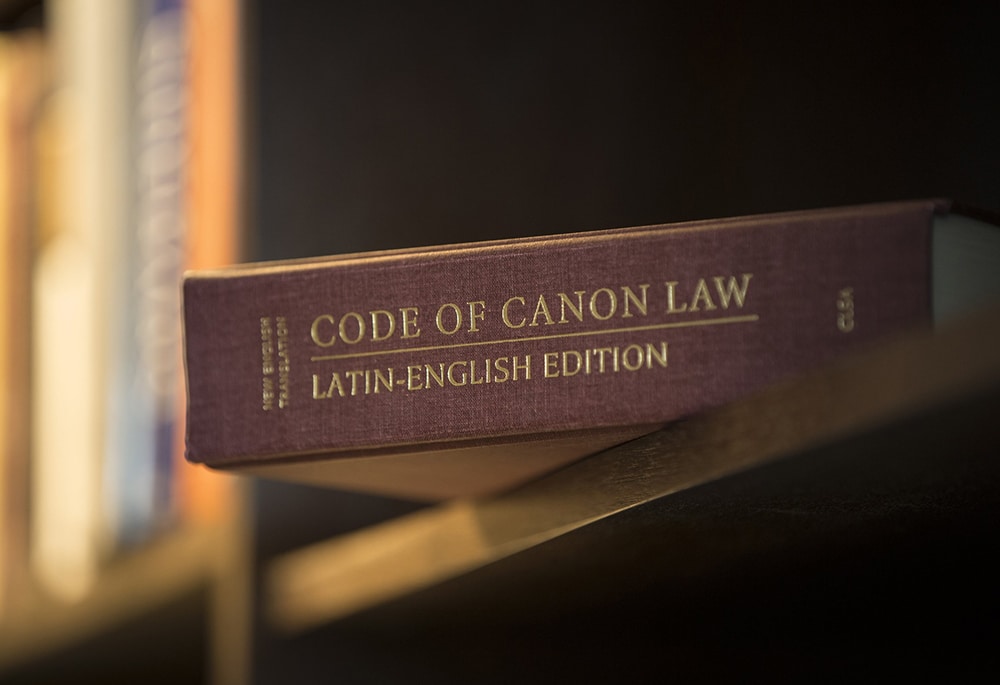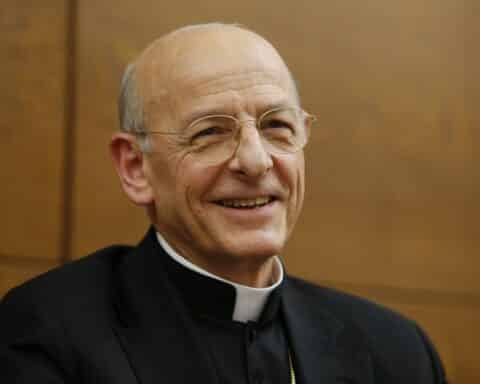On May 23, 2021, the solemnity of Pentecost, Pope Francis promulgated the apostolic constitution Pascite gregem Dei, with which he revised Book VI of the Code of Canon Law. The current Code of Canon Law was promulgated in 1983 and consists of seven books, Book VI being the one on sanctions. While changes in the law occur from time to time, such changes usually involve amending some canons or issuing new special law. This revision can be called major, since one of the seven books was replaced in its entirety, something not done before.
The process started in 2007, when Pope Benedict XVI asked the Pontifical Council for Legislative Texts to revise Book VI of the Code of Canon Law. He had experienced, as prefect of the Congregation for the Doctrine of the Faith from 1981 until 2005, that the penal system in the Church, as codified in the 1983 Code of Canon Law, had its limits. The revision of Book VI, therefore, was aimed at giving the pastors of the Church “a more flexible means of correction and salvation, capable of being applied swiftly and with pastoral charity in order to avoid more serious evils and to bring healing to injuries caused by human weakness,” as Pope Francis stated in his apostolic constitution. The pope underscores that, while the observance of penal law is binding on the whole People of God, the responsibility for its correct application lies specifically with the bishops and the superiors of individual communities. Pope Francis explicitly refers in this context to his apostolic letters, issued motu proprio (“on his own accord”) “As a Loving Mother” (2016) and Vos estis lux mundi (2019).
The revision is based on three major criteria. First of all, the revised norms contain determinate penalties and eliminate as much as possible the discretionary power of judges or superiors in imposing a broad range of penalties. Such would hopefully lead to a greater uniformity in the whole Church. The second criterion is the concern for the protection of the community, the repair of scandal and the reparation of damages. Finally, the revision hopes to give bishops and others the much needed instruments to prevent crimes and, if not, to give them at least the possibility to intervene rapidly before the situation deteriorates.
Since it is impossible to deal with all the changes in the new Book VI within the space allotted here, it will suffice to highlight a few important ones. The tone is set with Canon 1311.2: the imposition or declaration of penalties has to be done with canonical equity. At the same time, the threefold goal of canonical penalties is underscored: the restoration of justice, the reform of the offender and the repair of scandal.
The various delicts have been reordered in an attempt to reach a more organic ordering: offenses against the Faith and the unity of the Church, offenses against Church authorities and the exercise of duties, offenses against the sacraments, offenses against reputation and the offense of falsehood, offenses against special obligations, and, finally, offenses against human life, dignity and liberty.
The current Book VI often gives the competent authority a lot of discretionary power by making a delict punishable with a “just penalty,” yet without describing what such a just penalty could be. The revised law actually lists in the new Canon 1336 a number of penalties that the competent ecclesiastical authority could impose. At the same time, in several instances the discretion of whether to impose penalties has been replaced with the obligation to impose them, in an effort to make the new penal law more effective and efficient.
It is noteworthy to observe that the delict commonly called sexual abuse of minors and vulnerable adults (the new Canon 1398) is now under “offenses against human life, dignity and liberty” and no longer under “delicts against special obligations.” What seems to be at first a merely cosmetic change is actually of great significance, since it underscores the Church’s commitment to deal with these cases of sexual abuse and to view them not merely as a violation of a special obligation of clerics but actually as an offense against human life, dignity and liberty. It is found in the same title as the canon dealing with homicide and abortion.
Significantly, lay persons or religious who are not clerics, but who hold an ecclesiastical office, dignity or carry out a function in the Church are now also subject to penalties for sexual abuse of minors.
Some of the changes that were introduced by special law have now been codified in the Code of Canon Law. Such is, for instance, the case with the new provision in Canon 1379.3 about the attempted conferral of sacred orders on women and the penalties attached to that delict.
As with every law, the law is only as perfect as the one who is to enforce it. If those who are responsible to execute and apply this revised law are not willing or not able to do so, one can have as many beautiful revisions as one wants; in reality, alas, nothing will change in such circumstances. Thus the real effect and success depends on those charged with implementing the new revised penal law. The legislator has given the tools; it’s now for those responsible for using those tools to implement them.
Kurt Martens is an ordinary professor of canon law at The Catholic University of America.




